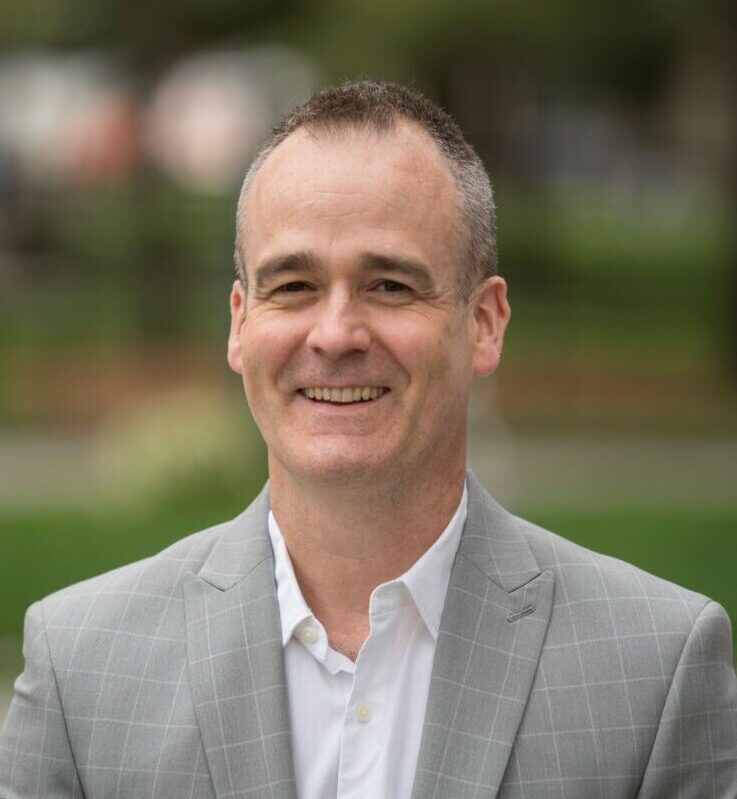Can you share about yourself and what students can expect from MSE160?
I am from Vancouver originally. I did my undergrad at UBC, and did grad school at U of T, with a PhD in Materials Science and Engineering. In terms of my academic appointment, I’m a teaching stream faculty member, so my primary appointment is to teach. The only research that I do is pedagogical.
“[MSE160] is meant to be a course that will be useful for you as an engineer, regardless of your future specialization.”
It’s about understanding solids, and we go through everything from mechanical to optical, electrical, and magnetic properties. There is some thermodynamics in there as well, and we try to show how all the topics are interrelated. We start with one topic, and after we build up more about it, we connect it with the next topic, so hopefully by the end of it, people have a good understanding of solid materials, how they work, and the underlying structure property relationships.

We want this course to help you choose the most appropriate material for a design, or understand how, for example, temperature will affect the properties of material, if you ever need it later on in your engineering career. You either know it or you know the fundamentals to go and figure it out later yourself.
How can students succeed in this course?
It depends on the educational system that students have come from. I think most people have seen the structure of the atom and electron configuration, so we go into that fairly quickly and we try to build on new concepts for most people, like the band theory of solids and semiconductors. Then there’s a little bit of reviewing. Some people have done crystal structures or thermodynamics in high school. We don’t assume that people have the knowledge, but we will go a little bit more quickly for some parts if we feel that most students have some background in it.
To sum it up, there’s a lot of topics that build on things that students have seen before. As for doing well, I would say probably one of the most important things is to keep up. There’s a lot of topics that are covered as I mentioned, so if you fall behind, it becomes more challenging. Also, you sometimes lose the ability to make those important connections I was talking about earlier.
What is your teaching style and favourite part about teaching?
I try to be engaging, and I like lecture demonstrations. What we have been doing every week is to build up to a good-sized lecture demonstration, probably on Friday. Hopefully that makes it memorable and reinforces concepts from the lecture.
“I suppose my style or philosophy is to convey excitement I have about the subject material and convey a sense that you can figure out so many things if you understand these underlying concepts.”
When I see a student get inspired, see a connection, or even have a Eureka moment. When they say “I understand this” or “I see how this relates to something in my life” or “that broke and I fixed it.” Those moments of learning or sudden realization of something that students have are probably my favorite.
How does this course connect to your research?
Currently, I’m not directly involved in discipline-based research like engineering research. I had a master student a few years back and she did an engineering design project, but the data we collected was more pedagogical in nature. We collaborated with some people growing lung tissue using a machine she designed. MSE 160 is really about fundamental topics. It is the basis for understanding so much of the world using bits of Physics and Chemistry.
“It’s all this structure/property relationship that really helps us understand so much of what’s key to engineering.”
Any advice or comments for incoming first-year students?
I have really enjoyed teaching EngScis in the past three years. They are a fantastic group, and I’m always impressed with how even from 3:00-4:00pm on a Friday afternoon, they seem energized and they’re happy to come to class and be polite and professional. It is really nice to get to know the EngScis and I look forward teaching them. I’m excited and looking forward to meeting everyone.
